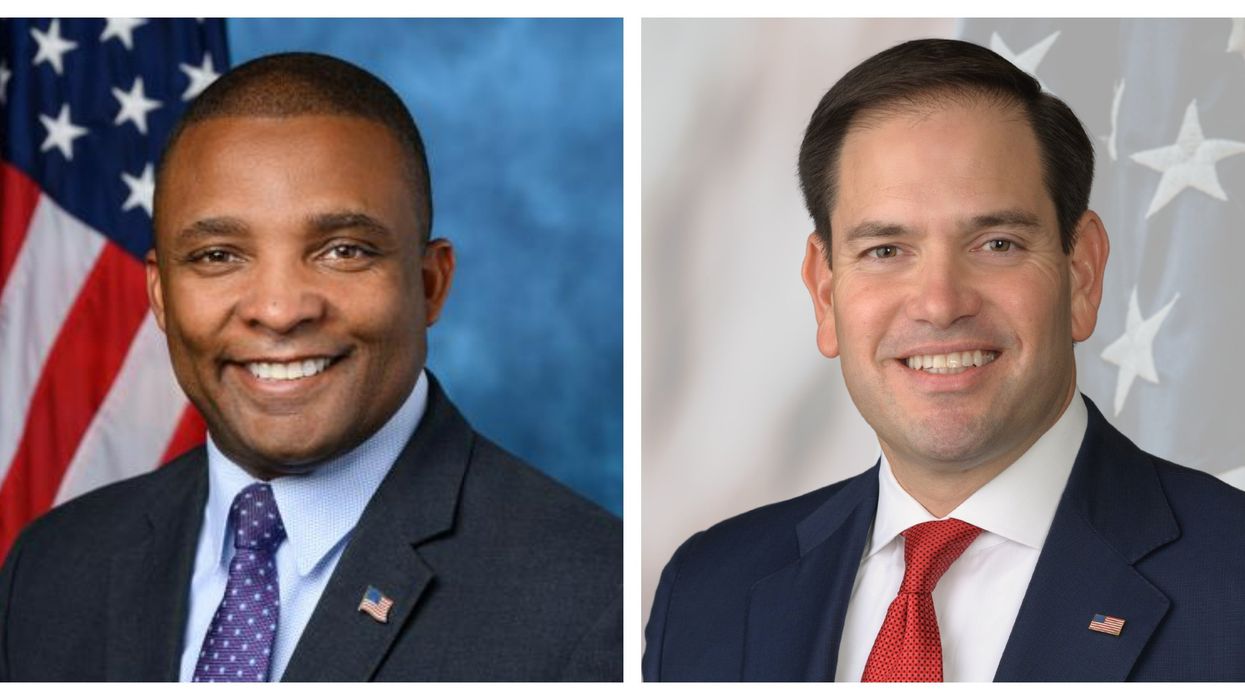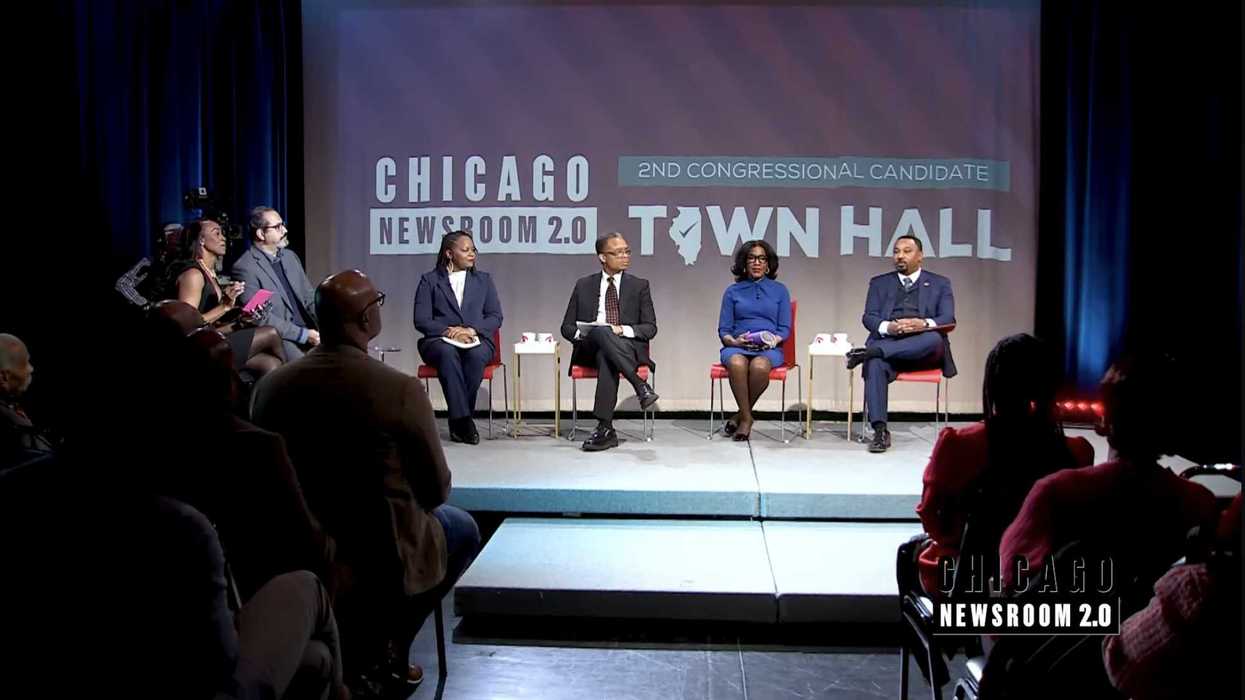Fitch is the president and CEO of the Congressional Management Foundation and a former congressional staffer.
One of the last places you’d expect to see innovation in the workplace is in the halls of Congress. One lawmaker described the institution this way: Congress is “a 19th century institution often using 20th century technology to solve 21st century problems.” That is one of the reasons the Congressional Management Foundation sought to create competition among members of Congress with a Democracy Award for Innovation and Modernization.
The office of Rep. Don Davis (D-N.C.) is the one of two winners of this award in 2024, and Davis is the only first-term legislator to win an award this year. He and his staff seem to understand innovation and modernization are not the result of a single effort but a continuous practice. To this end, the team remains committed to exploring ways to enhance the office to serve constituents significantly through forward-thinking strategies.
For example, the office uses web-based tools like Trello for project management and Microsoft Bookings for scheduling constituent appointments. These tools support initiatives like the Veterans History Project for the Library of Congress to ensure the stories of veterans in North Carolina’s 1st district are gathered and preserved for future generations. The Airtable application handles National Defense Authorization Act and appropriations requests, including details such as the requester, funding amount, project description and status updates.
Internal communication is streamlined by utilizing text message groups on iPhones for office departments, operations and special events, enabling staff to stay connected. The office regularly holds tele-town hall meetings and webinars, leveraging virtual platforms for constituent engagement and weekly staff meetings. The office has increased feedback from these meetings by offering constituents a QR code to link directly to feedback forms. To ensure clarity and precision in communication, all team members use Grammarly across all forms of correspondence.
Lastly, the office established a Constituent Services Excellence Committee, which includes representatives from all departments, including the director of military, veterans affairs and Hispanic outreach, as well as the staff assistant for the Teen and Young Professional Mentoring and Leadership Advisory Council. The committee is tasked with meeting, reviewing, and making recommendations to the entire staff on elevating and maintaining exceptional service levels and promoting innovation and modernization. The committee also designated a staff member as the congressional modernization representative to help advance office and congressional modernization.
The Republican winner is the office of Sen. Marco Rubio (Fla). The Rubio office — a previous Democracy Award winner — set itself apart by adopting a completely paperless system and revolutionizing its management process. The office has implemented a constituent survey to get feedback on each case handled by staff members, providing crucial feedback to help the office improve its service operations. In 2023, the office restructured and revitalized its internship program to align with the senator’s mission of fostering public service interest and equipping future leaders with essential skills, knowledge and tools. The program boasts a comprehensive one-day orientation that includes a wide range of presentations, seminars and training sessions delivered in close collaboration with sub-departments.
Additionally, by developing a specialized consent form for constituents requesting assistance, the office has streamlined a previously labor-intensive process related to foreign travel. The Rubio office can now coordinate with local passport offices, prioritizing emergency travel. In doing so the office has been successful in handling several thousand passport-related cases during a State Department backlog. They quickly established internal procedures to handle the unprecedented volume of passport requests.
On behalf of a state frequently hit with hurricanes, the office developed a novel approach to coordinating available services at every level of government. In the aftermath of Hurricane Ian, staff immediately simultaneously set up tents and tables at separate locations in two affected counties to provide essential services to those in need. In collaboration with nonprofit organizations, staff helped 2,450 families receive 21 pallets of food and bottled water and FEMA registration assistance in just three days.
Lastly, the office crafted a senior fellows program designed to meet the specific needs of older adults. This program offers a specially tailored orientation and extensive training to accommodate a longer, six-month service term twice per year.
These two offices have demonstrated the value of innovation in government, not for the sake of innovation but to elevate the level of service to their constituents. If more elected officials adopted this kind of attitude, we can only wonder how people’s views of their government might change.




















